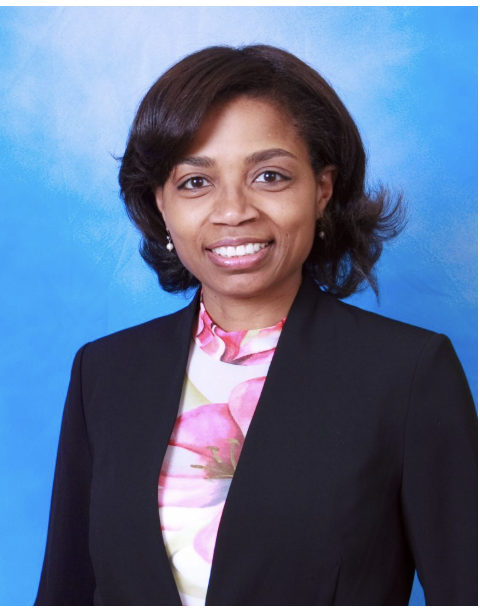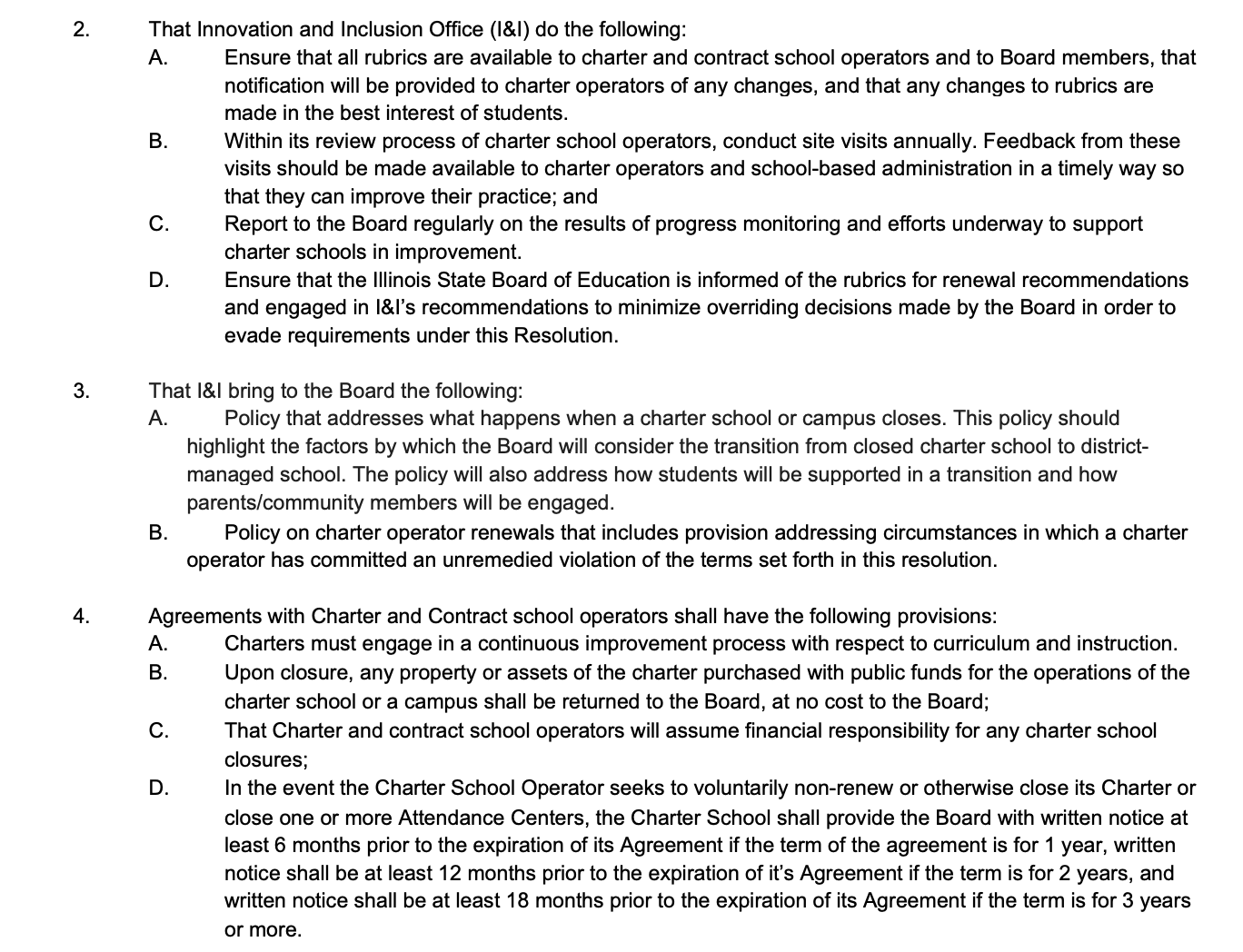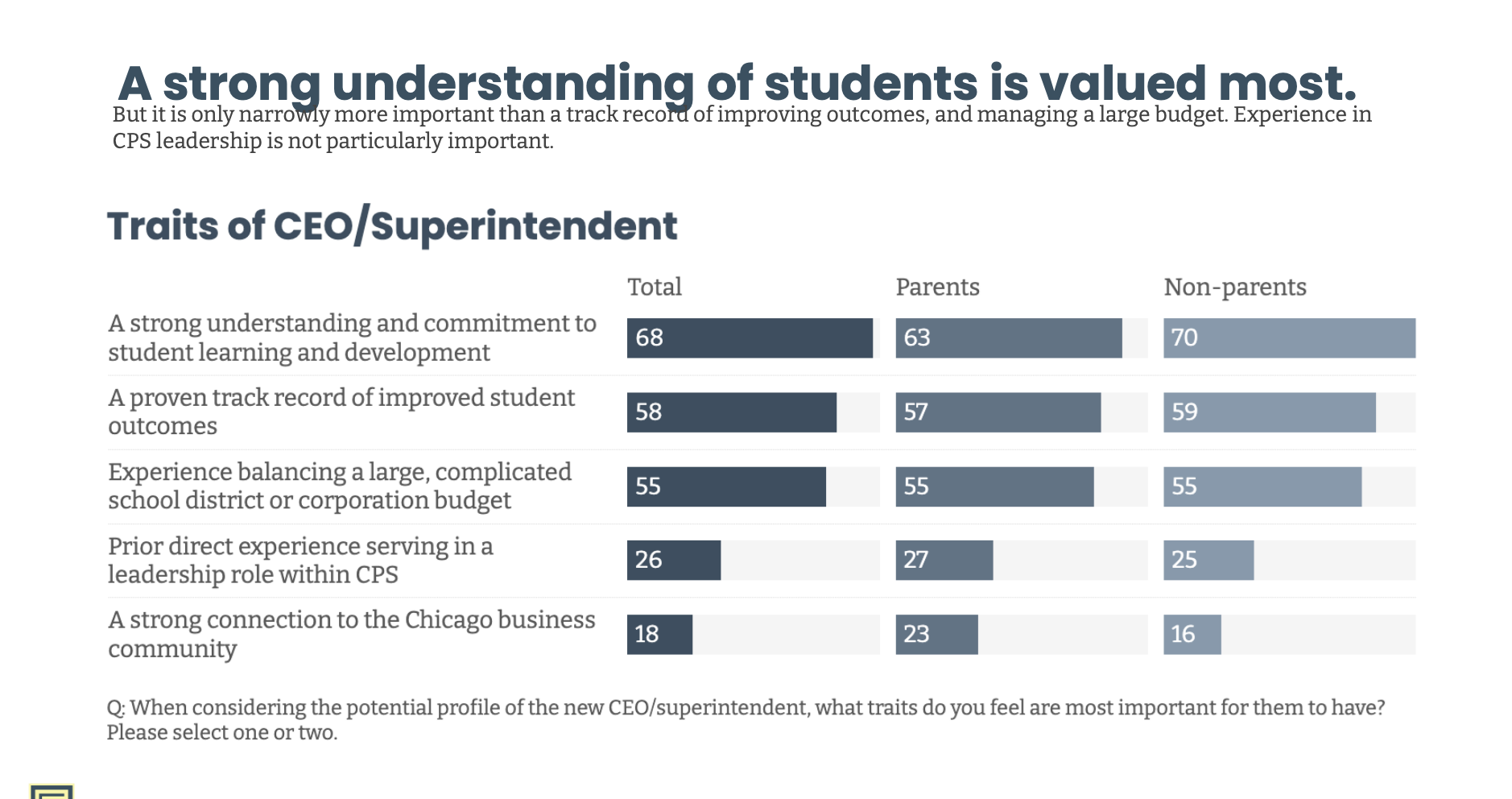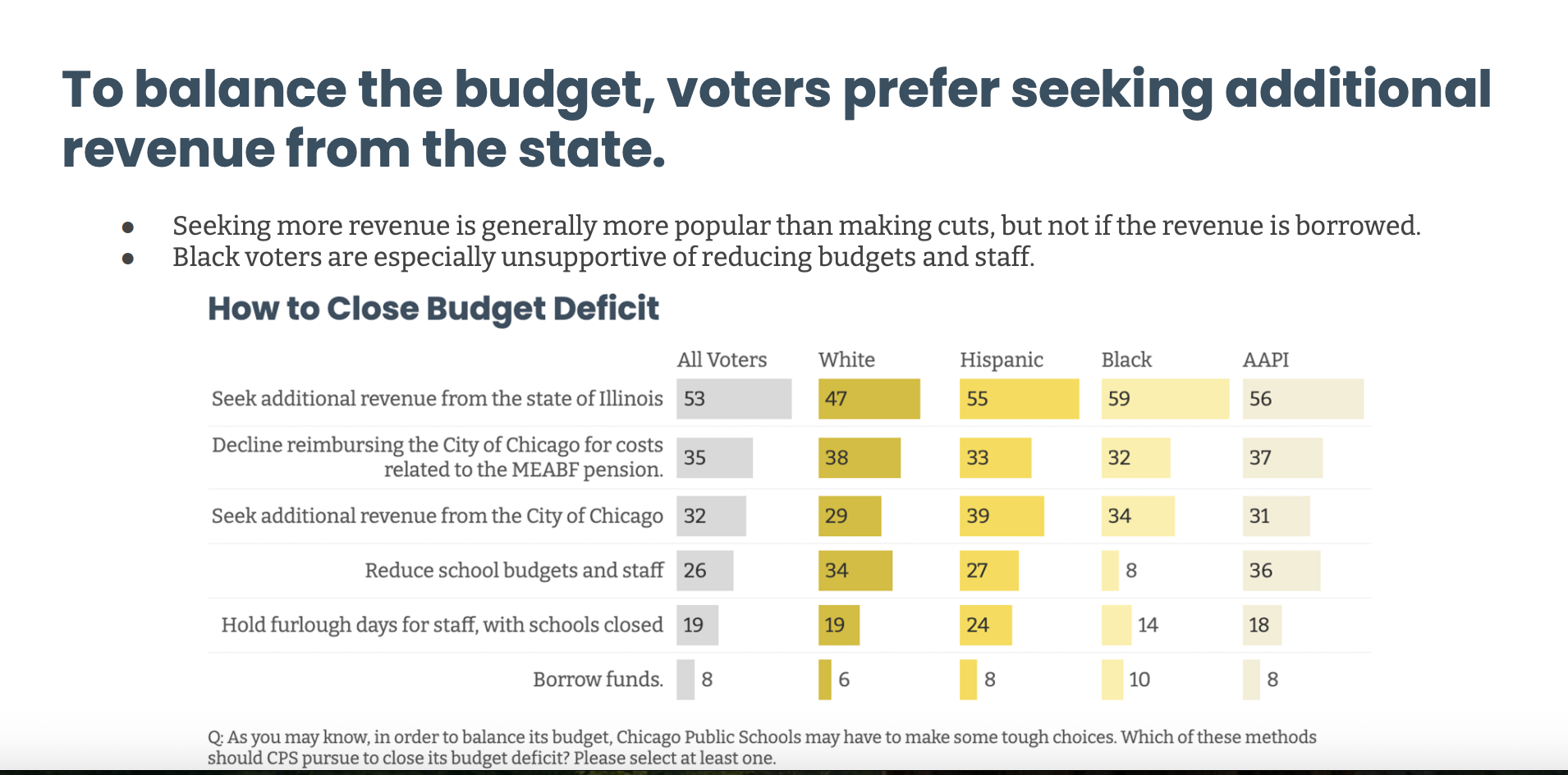Key Interim Supe Candidates; Board Meeting Preview

This morning, the Chicago Tribune reports that the school board is divided over whether the interim leader of the Chicago Public Schools should be chosen from current district leadership or come from City Hall. Both the Tribune and Chalkbeat Chicago previously reported that the board is interviewing five potential candidates to fill the interim role, which begins as soon as current CEO Pedro Martinez leaves. His last day is June 18.
In today's story, the Tribune named two of the five candidates:
Alfonso Carmona, the district's chief portfolio officer, who oversees charter schools; and
Macquline King, a former teacher and CPS principal, who now serves as chief of K-16 education policy for Mayor Brandon Johnson.
The Tribune withheld the names of the other three candidates because "the interviews are still in progress and some currently hold positions elsewhere."
Both Carmona and King possess superintendent licensure, which the school board resolved to make a requirement for both the interim and the permanent position. Multiple sources tell Board Rule that Cristina Pacione-Zayas, long-rumored to be the mayor's preferred choice to lead CPS, has been ruled out because she does not possess the credential and appointing her would be politically toxic for the mayor.
Board members are currently interviewing all five possible candidates through their five-by-five meetings, which are exempt from the Open Meetings Act. I'm told the new interim leader is likely to be announced at the board's next agenda review committee meeting, scheduled for June 18, Martinez's last day with the district.
Next week's Board Rule will review both Carmona's and King's backgrounds in more depth.
What to Watch for at Thursday's Board Meeting
More public participation from Acero and charter operators. Acero parents remain unsatisfied with the MOU between Acero and the school district. Charter operators are still waiting for their renewals and approval of leases. The board agenda maintains many of the controversially-short two-year renewals. Renewals have been extended for some operators:
Catalyst Charter Schools: four years for the Circle Rock campus, three years for the Maria campus
Instituto Health Sciences Career Academy: three years
Horizon Southwest: four years
North Lawndale College Prep: three years
Perspectives Charter Schools: four years
New voices during public participation: parents of students with dyslexia. Chicago Public Schools is closing its cluster programs for students who need multisensory structured literacy instruction in order to learn to read. Although the district promises that students who need this type of instruction will continue to receive it, just in a less restrictive setting, parents are deeply skeptical.
New rules for charter schools: The board is moving forward with the charter resolution it withdrew last month. Here are some of the provisions from the resolution as published in the board's agenda. These focus on matters the school district can control.

The resolution also promises that the board will advocate in Springfield for changes to the charter law:

The resolution also calls on charters to spend "the majority" of their public funding on services and materials that directly benefit students, to open their books to CPS on request, and to maintain neutrality during union organizing drives. State Senator Celina Villanueva has a charter bill moving in the legislature this week, but it doesn't include all of these provisions, and it may end up being postponed to the fall veto session.
Last week, the Chicago Teachers Union published a report critical of charter closures, lack of partnership with parents and families, and the financial decisions many charter operators have made, from holding millions in reserves to their use of Paycheck Protection Program loans during the pandemic. (This WBEZ story provides good summary and context.)
Springfield Update
This is the last week of the regular legislative session, so many issues are coming down to the wire. Chief among them is the state budget and how much will go to K-12 education. The governor has proposed increasing the state's contribution to public schools by the minimum required under the 2018 revised school funding formula: $350 million. Advocates are pushing to raise that to $550 million. Some of that extra money would help fill the massive CPS budget hole, but given the state's budget shortfalls, it's unlikely we'll see that much of an increase. Given the strong chance we'll see federal budget cuts, lawmakers will likely have to return to Springfield for a special summer session to finalize the state budget.
The statehouse passed legislation to remove student growth measures from teacher evaluations; the governor is expected to sign it. A bill that requires the state to create guidance for school districts that want to launch or expand dual-language programs is also heading to the governor's desk. The bill requiring all Illinois school districts to adopt cell phone use policies appears close to passage. Next week, when the dust (hopefully!) has settled, Board Rule will have an overview of new laws affecting CPS.
New Poll Shows Chicagoans Reject Borrowing to Pay for Schools
Today, the Chicago Public Education Fund published a new poll of registered Chicago voters and their thoughts on key issues in CPS. I'll close today's Board Rule with a couple of key slides from the results. One key note: current parents of school-age children make up less than one-quarter of Chicago voters, and the poll represented this in its demographic sampling.
On the next leader of CPS, voters want an educator with a track record of improving student outcomes, but Chicago-specific experience isn't a must.

More than 90% of Chicago voters polled do not want CPS to balance its budget through borrowing.

Black voters are the least likely to support cuts in school budgets and staff, and a slightly larger share of Black voters polled support borrowing over cuts to schools. Nonetheless, borrowing to solve CPS's financial crisis remains deeply unpopular.
See you next week!
Comments ()